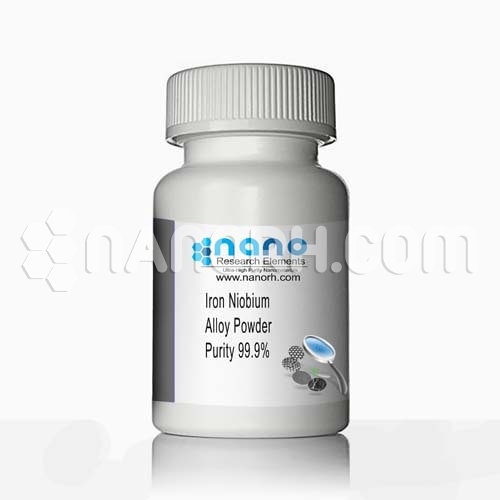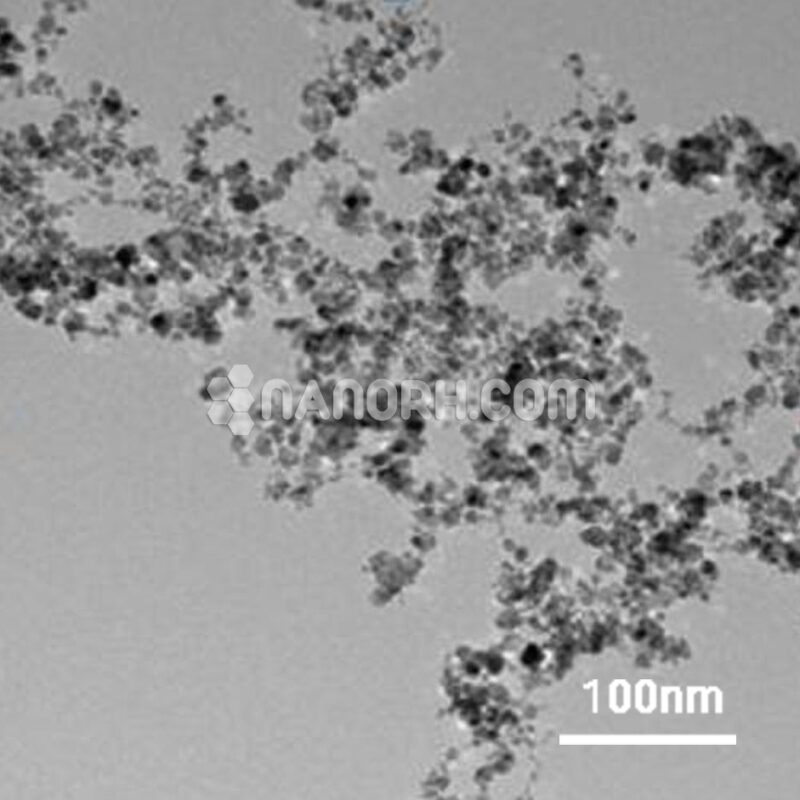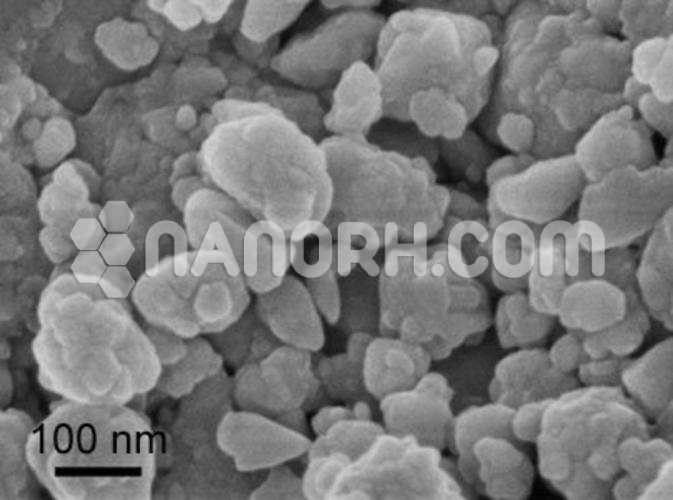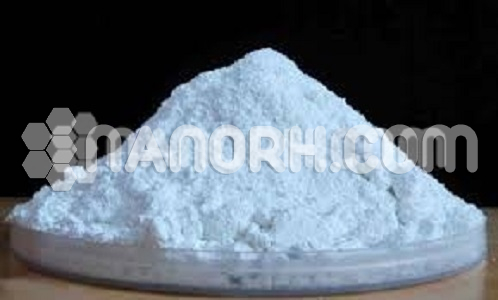| Iron Niobium Alloy Powder | |
| Product No | NRE-9018 |
| CAS No. | 7439-89-6 / 7440-03-1 |
| Formula | Fe-Nb |
| Molecular Weight | 148.75138 g/mol |
| APS | <40 um (Can be Customized) |
| Purity | 99.9% |
| Density | NA |
| Color | Gray |
| Melting Point | 1370 °C |
| Boiling Point | NA |
Iron Niobium Alloy Powder
Applications
Aerospace Industry:
Aircraft and Engine Components: Due to its high strength, thermal stability, and corrosion resistance, Iron Niobium alloys are used in aerospace components that are exposed to extreme conditions, such as engine parts, turbine blades, and structural components in aircraft.
Jet Engines: Niobium’s ability to withstand high temperatures makes it essential in jet engine parts, where the material must retain its integrity and strength under extreme heat and stress.
Automotive Industry:
High-Performance Automotive Parts: In the automotive sector, Iron Niobium alloys are used for engine parts, turbine blades, and braking systems that are exposed to high temperatures and mechanical stress.
Wear-Resistant Components: Due to their wear resistance, these alloys are also used in automotive components that are subject to significant abrasion, such as gears and suspension parts.
Chemical Processing:
Corrosion-Resistant Equipment: Iron Niobium alloys are used in chemical processing plants where the materials are exposed to harsh chemicals, acids, and high temperatures. The corrosion resistance of the alloy makes it suitable for reactor vessels, heat exchangers, and pipes.
Marine Applications: In marine environments, where exposure to saltwater and corrosive elements is common, Iron Niobium alloys offer excellent resistance to corrosion, making them ideal for offshore structures, ship components, and marine equipment.
Energy Industry:
Turbine Blades and Reactor Components: Due to its thermal stability and strength, Iron Niobium alloys are used in energy generation equipment, such as gas turbine blades and nuclear reactor components, which must withstand high temperatures and extreme mechanical stresses.
Superconducting Magnets: In applications where superconductivity is required, niobium is often used in the manufacturing of superconducting magnets for magnetic resonance imaging (MRI) machines, particle accelerators, and other scientific research equipment.
Electrical and Electronics:
High-Performance Conductors: In certain applications, the electrical properties of Iron Niobium alloys make them useful for conductive parts in high-performance electrical systems. They are particularly valuable in high-frequency electronics, semiconductors, and electromagnetic shielding.




